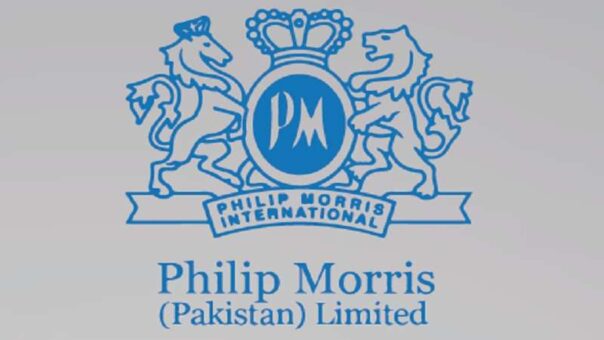Islamabad, May 25, 2023: Pakistan’s documented tobacco sector is grappling with a substantial decline in sales, resulting in billions of rupees in losses for the national exchequer.
Simultaneously, the illegal cigarette market is witnessing a surge, posing a severe threat to the government’s tax collection target for the fiscal year 2022-23 and undermining efforts to curb tobacco use.
READ MORE: FPCCI demands abolishing section 7E of Income Tax Ordinance
In a press conference held in Islamabad, Muhammad Zeeshan, Chief Financial Officer and Executive Director of Philip Morris (Pakistan) Limited, expressed deep concerns regarding the escalating illegal cigarette market and its impact on government revenue. Zeeshan cautioned that if the illegal cigarette market continues to expand, the government will struggle to achieve its anticipated revenue goals.
Zeeshan highlighted the government’s decision to increase the Federal Excise Duty (FED) by 200% in the current fiscal year. As a consequence, Philip Morris (Pakistan), one of the two documented tobacco companies, experienced a staggering decline of nearly 70% in sales and a 60% decrease in production volume during the months of March and April 2023. This downward trend is expected to persist in the coming months due to the proliferation of illicit cigarettes.
READ MORE: KCCI stresses out-of-box solutions to prevent further downslide in economy
During the quarter ended on March 31, 2023, Philip Morris (Pakistan) made a significant financial contribution to the economy by paying PKR 5,990 million in excise duty, sales tax, and other government levies. However, this amount represents a decrease of 16.4% compared to the previous period. The decline can primarily be attributed to a decrease in sales volume resulting from a price increase imposed by excise regulations in February 2023.
Zeeshan expressed his concern that the unforeseen and unprecedented rise in excise taxes provides an opportunity for illegal tobacco manufacturers to expand their operations and gain ground while compliant tax-paying tobacco companies suffer. As a consequence, the government’s revenue objectives from the tobacco industry are likely to fall short of the targeted Rs 260 billion, settling at below Rs 200 billion.
READ MORE: Severe gas shortage forces textile industry to halt production: APTMA
It is worth noting that the documented tobacco sector contributes a significant 98% of the total tax revenue from the tobacco industry, while illegal cigarette manufacturers only contribute a mere 2%.
Zeeshan urgently called on the government to take decisive measures to combat the illegal cigarette market, which currently holds more than 40% of the total market share and is projected to increase to 50%, making Pakistan one of the largest illicit cigarette markets in the world. Premier Shahbaz Sharif himself acknowledged a loss of Rs 100 billion due to tax evasion from illicit tobacco companies.
He further stated that the Euro Monitor, a research firm, reports that Pakistan had an approximately 40% market share of illegal cigarettes in 2022, making it the largest illicit cigarette market in South Asia.
Furthermore, he emphasized the importance of ensuring the installation of the government’s track & trace system in all cigarette manufacturing units. Currently, this system is only implemented in a few tobacco companies. He urged the government to expedite the installation process once the stay order on the track & trace system is lifted. Effective monitoring of these facilities is crucial in curbing illicit tobacco trade.
READ MORE: Pakistan textile exports slump by 14% amid global recession
He also appealed to the government to reconsider the substantial hike in FED, as it not only hampers fiscal revenue and legal cigarette sales but also fuels the growth of the illegal cigarette market, exacerbating the government’s current financial challenges.
Zeeshan underscored the need for comprehensive implementation of laws regulating the tobacco industry and ensuring a level playing field for legal cigarette companies. These measures are vital to safeguard government revenue and protect the documented tobacco sector from further decline.
